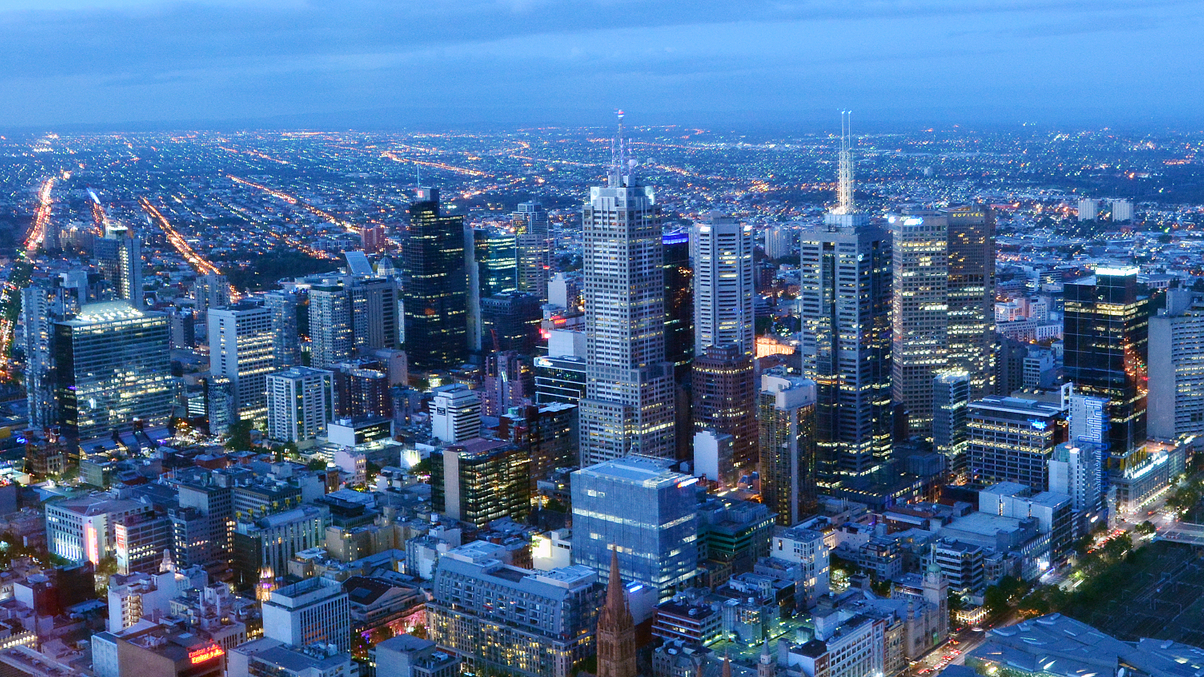Relaxed travel rules to boost Asia Pacific property sector
Affected heavily by the Covid pandemic, the property sector in Asia is poised for recovery as countries lift border controls, although some markets may react quicker than others.

The easing of travel restrictions in parts of Asia will speed up recovery of the real estate sector in the region, experts believe, because it means institutional investors will be getting back on the road in search of deals.
Sign in to read on!
Registered users get 2 free articles in 30 days.
Subscribers have full unlimited access to AsianInvestor
Not signed up? New users get 2 free articles per month, plus a 7-day unlimited free trial.
¬ Haymarket Media Limited. All rights reserved.


